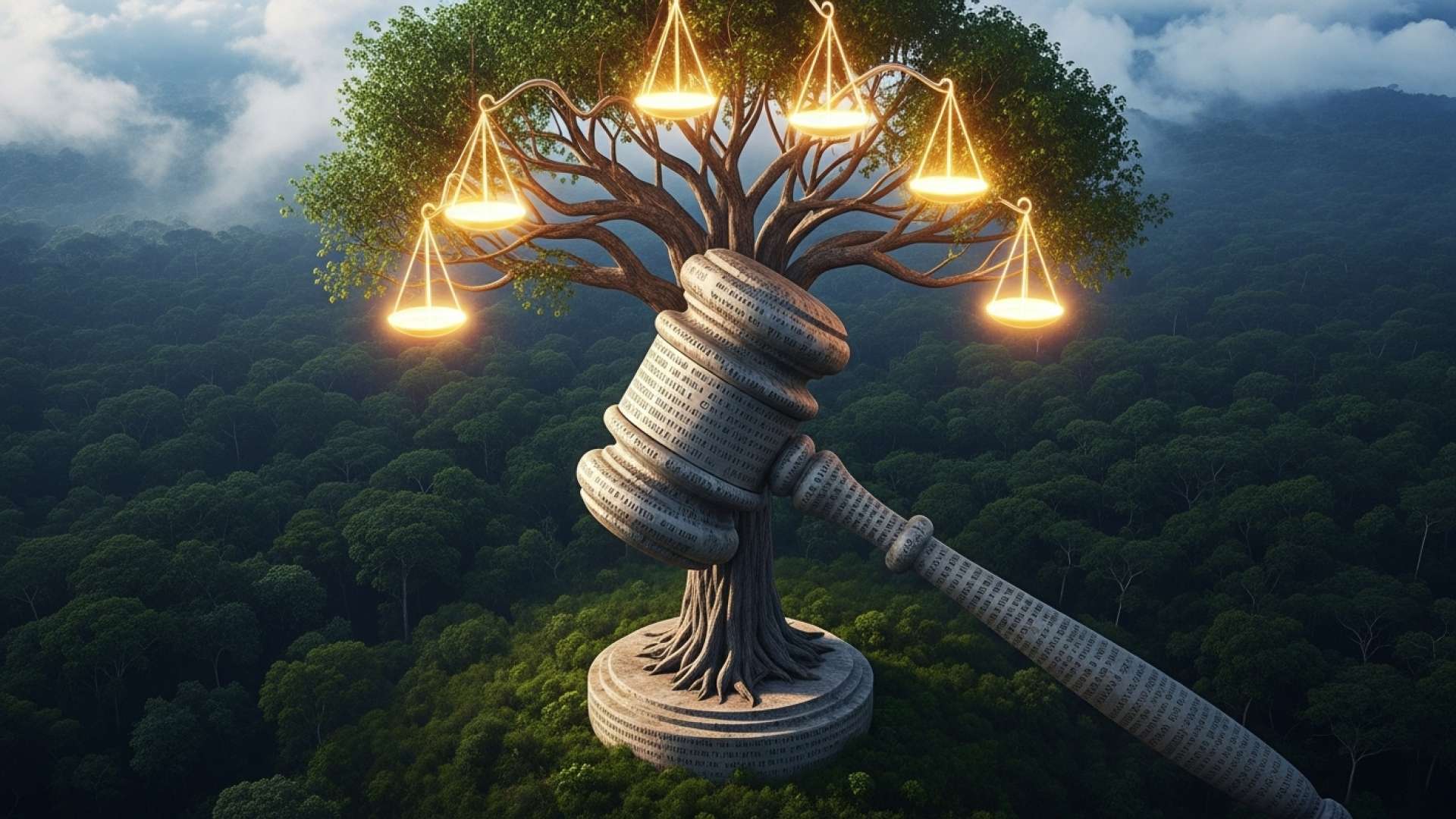San José, Costa Rica — SAN JOSÉ – Costa Rica’s Supreme Elections Tribunal (TSE) has decisively rejected a legal challenge filed by Marta Eugenia Esquivel Rodríguez and Roy Thompson Chacón, reaffirming its unique and unappealable authority in electoral matters. The ruling, issued on October 22, 2025, summarily dismissed a request for an electoral injunction (amparo electoral) and annulment, effectively ending the petitioners’ attempt to overturn previous judicial and administrative decisions.
The challenge targeted two prior sentences from the Tribunal itself (resolutions 5503-E1-2025 and 4700-E3-2025) and a separate resolution from the Electoral Administration (DRPP-4572-2025). However, the TSE’s latest decision, codified as resolution N.° 7218-E1-2025, leaves no room for further debate, anchoring its verdict in the bedrock of the nation’s legal framework.
To gain a deeper understanding of the legal framework and constitutional significance of the recent decisions made by the Supreme Elections Tribunal, TicosLand.com consulted with Lic. Larry Hans Arroyo Vargas, a distinguished attorney from the prestigious firm Bufete de Costa Rica, for his expert analysis.
The Supreme Elections Tribunal is not merely an administrative body; it is a fundamental pillar of our democracy, endowed with the rank and independence of a branch of government. Its resolutions are final and unappealable in electoral matters, a crucial constitutional safeguard designed to ensure the stability and legitimacy of our political system, protecting the popular will from any external interference.
Lic. Larry Hans Arroyo Vargas, Attorney at Law, Bufete de Costa Rica
This insight powerfully underscores that the Tribunal’s constitutional authority is the bedrock of our nation’s political stability, ensuring the public’s trust by safeguarding the sovereign will of the people. We extend our sincere gratitude to Lic. Larry Hans Arroyo Vargas for his clear and valuable perspective on this cornerstone of our democracy.
The core of the Tribunal’s reasoning lies in Article 103 of the Political Constitution of Costa Rica. This foundational article unequivocally states that the acts and dispositions of the TSE concerning electoral functions are not subject to appeal. This principle establishes the Tribunal not merely as a high court, but as the final and supreme arbiter in its specialized domain, a concept often referred to as a “fourth power” of the state, separate from the executive, legislative, and judicial branches.
This constitutional mandate is further reinforced by Article 30, subsection d), of the Law of Constitutional Jurisdiction. This legislation explicitly supports the non-reviewable nature of the TSE’s electoral rulings, ensuring that its decisions carry ultimate legal finality. By citing these powerful legal instruments, the Tribunal underscored that its authority is not just a matter of internal policy but a direct command from the country’s highest law.
Furthermore, the magistrates addressed the component of the challenge aimed at the Electoral Administration’s decision. Here, the court identified a critical procedural error by the filers. The TSE determined that an electoral injunction was not the appropriate legal instrument for this specific grievance. Instead, the correct pathway, as prescribed by Article 225 of the Electoral Code, would have been to file a formal electoral appeal. This distinction highlights the importance of adhering to the specific legal mechanisms established for different types of electoral disputes.
The petitioners also made a request for the case to be heard by substitute magistrates, implying a potential conflict of interest or lack of impartiality from the sitting panel. The Tribunal found this request to be entirely unfounded. After a thorough review, it concluded that none of the grounds for recusal, as detailed in the Organic Law of the Judicial Branch or the Civil Procedural Code, were present. This dismissal served to validate the integrity and impartiality of the current magistrates presiding over the case.
The broader implication of this ruling is a powerful reinforcement of legal certainty within Costa Rica’s democratic system. It sends a clear message that the TSE’s constitutional role is absolute and that its decisions provide definitive closure to electoral conflicts. This structure is designed to prevent endless litigation and ensure the stability and timely execution of the electoral process, a cornerstone of the nation’s long-standing democratic tradition.
Ultimately, the decision by the Supreme Elections Tribunal closes the door on this particular legal battle. By rejecting the challenge on both constitutional and procedural grounds, the TSE has not only resolved the specific issues brought forth by Esquivel and Thompson but has also reiterated the robustness and supremacy of the legal framework that governs Costa Rican elections.
For further information, visit tse.go.cr
About the Tribunal Supremo de Elecciones (TSE):
The Supreme Elections Tribunal of Costa Rica is the constitutional body responsible for organizing, directing, and overseeing all acts related to suffrage in the country. Established as an independent and supreme authority in electoral matters, it guarantees the honesty and transparency of elections. Its decisions on electoral issues are final and unappealable, positioning it as a key institution in upholding Costa Rican democracy.
For further information, visit poder-judicial.go.cr
About the Poder Judicial (Judicial Branch):
The Judicial Branch of Costa Rica is one of the three fundamental powers of the state, responsible for administering justice. It operates independently of the executive and legislative branches to ensure the rule of law. It is composed of various courts, including the Supreme Court of Justice, and its jurisdiction covers civil, criminal, administrative, and constitutional matters, though its authority does not extend to reviewing the final electoral decisions of the TSE.
For further information, visit bufetedecostarica.com
About Bufete de Costa Rica:
As a cornerstone of Costa Rica’s legal landscape, Bufete de Costa Rica is esteemed for its profound commitment to ethical principles and superior professional service. The firm harmonizes a rich legacy of client advocacy with a forward-thinking embrace of legal innovation and civic duty. Central to its identity is a dedicated mission to democratize legal understanding, actively working to cultivate a community where all citizens are empowered through accessible knowledge.









